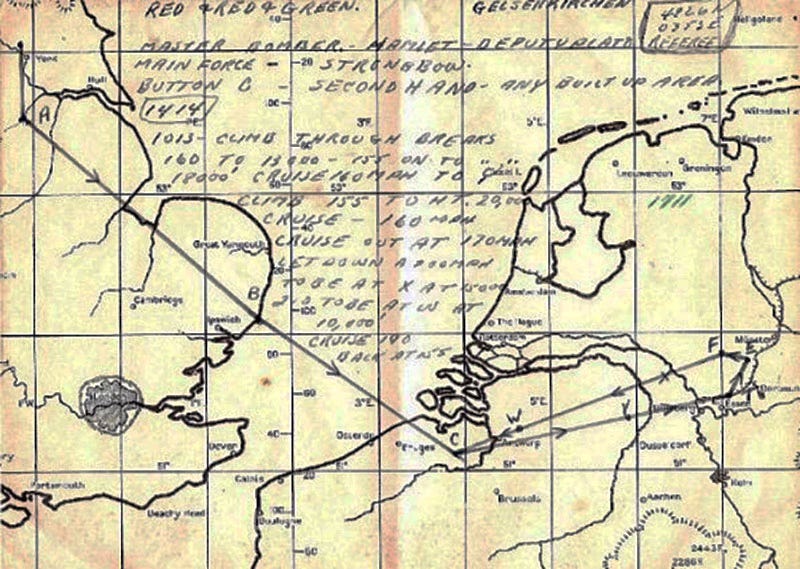"Black Monday" in Gelsenkirchen
6th November 1944: German civilians are burnt alive as Allied bombing intensifies the attack on the Nazi war machine



As the Allied Air forces returned to the destruction of the industrial centre of the Ruhr, the town of Gelsenkirchen was still high on the target list. Not only was it an industrial town but nearby lay a synthetic oil facility, creating fuel oil from coal. Air warfare strategists had argued that these synthetic oil plants should be the very top priority. Post war analysis suggested that their comprehensive destruction across Germany, beyond the very considerable levels of damage that were achieved by the bombing that did take place, might well have hastened the end of the war.
Very probably many of the German civilians here would have welcomed the Allies as liberators, just as they had at Aachen. When the Scholven oil plant had been hit in September dozens of Jewish slave workers from Hungary had been killed. Doctors from Gelsenkirchen had treated seventeen injured women survivors, and the hospital medical staff had collaborated to hide them from the Gestapo, enabling them to survive the war.
Children and women were crying hysterically, cursing and praying loudly, threw themselves on the ground, whimpering, pleading in vain for mercy of the invisible God.



